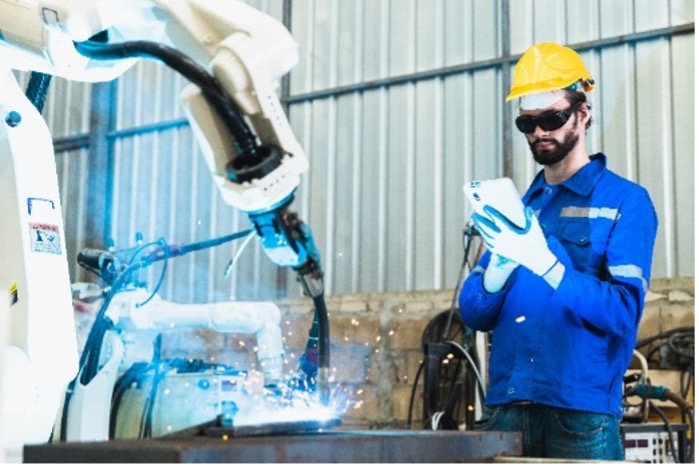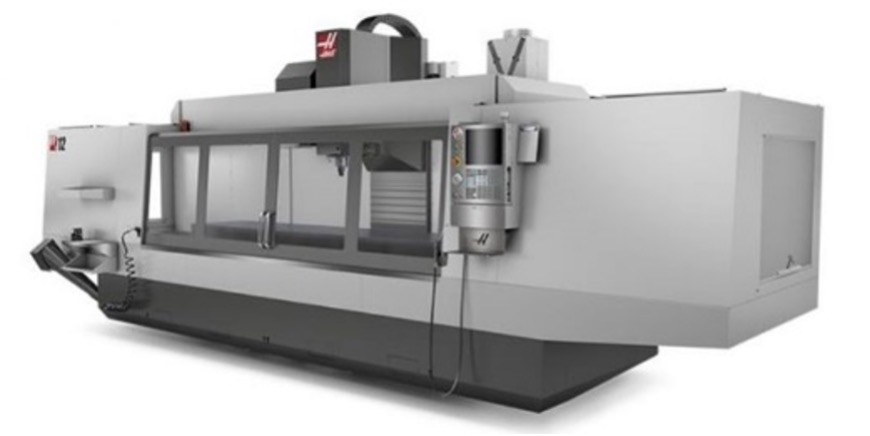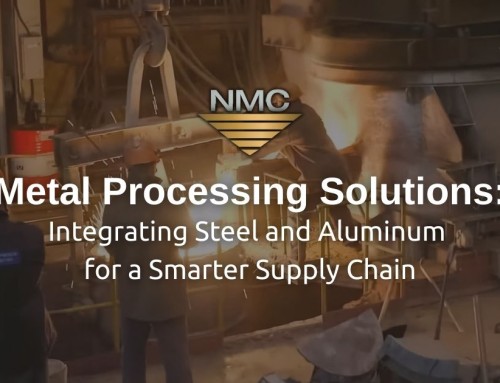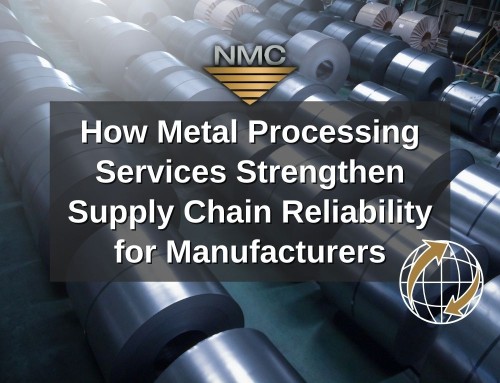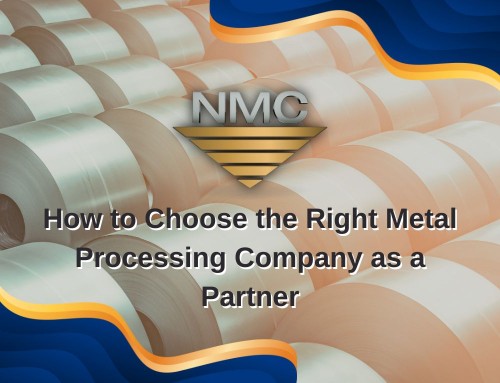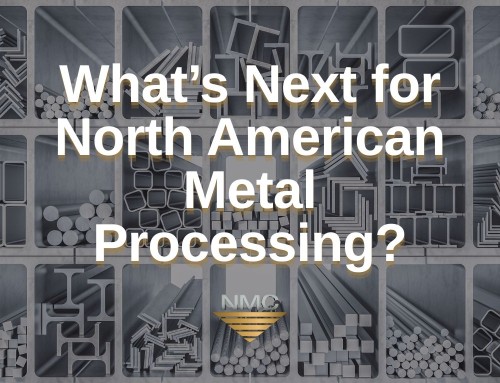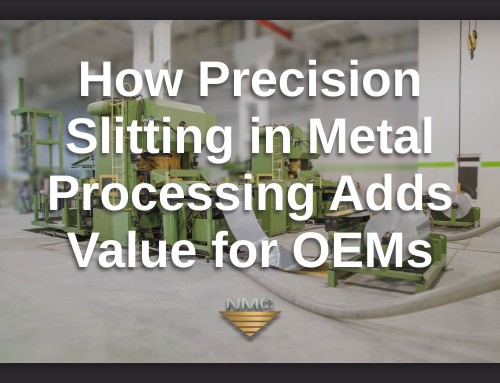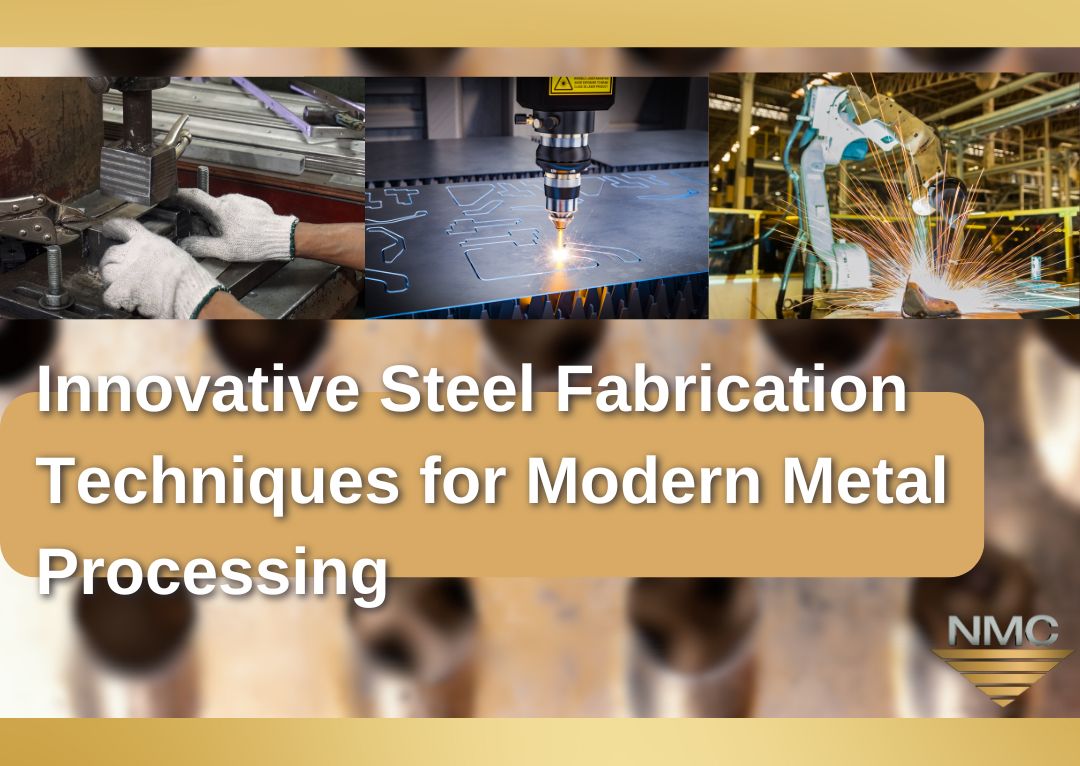
How do today’s manufacturers meet rising demands for precision, durability, and efficiency across fast-evolving industries? The answer lies in innovative metal fabrication techniques — processes that are reshaping modern metal processing and enabling high-performance results at scale.
From automotive and aerospace applications to complex infrastructure, modern metal fabrication techniques combine technology and craftsmanship to produce components that meet exacting standards. At National Material Company (NMC), these advancements are at the core of delivering high-performance metal processing solutions.
Advancements in Metal Fabrication Techniques
Modern fabrication combines technology and automation to produce high-quality steel components efficiently. Below are three leading-edge methods revolutionizing steel fabrication today:
- Laser cutting
Laser cutting leverages high-powered, focused beams to slice through steel with extreme precision. This process supports intricate designs, minimizes material waste, and maintains high repeatability — critical for sectors like automotive and construction that demand tight tolerances and sharp detailing.
- CNC machining
Computer Numerical Control (CNC) machining uses programmed software to automate cutting, drilling, and shaping. The result is precise, consistent steel parts that meet exacting specifications. CNC machining is especially vital in aerospace, medical, and defense manufacturing, where accuracy is non-negotiable.
- Robotic welding
Robotic welding employs automation to enhance fabrication speed, consistency, and safety. This technology minimizes human error and boosts production efficiency, making it indispensable in large-scale manufacturing environments.
Adopting these advanced techniques can reduce production times, improve quality, and lower operational costs — key drivers of competitiveness in the global market.
Aluminum Welding Methods: Enhancing Versatility
Although metal fabrication techniques remain dominant in industrial manufacturing, aluminum welding methods are increasingly vital for lightweight applications such as transportation and modular construction.
- TIG welding: Known for its precision, TIG welding is ideal for thinner aluminum sections. This method ensures clean welds with minimal spatter, making it a favorite for aerospace and automotive applications.
- MIG welding: Faster than TIG, MIG welding is better suited for thicker aluminum materials. Engineers widely use it in structural applications where speed and efficiency are critical.
Integrating these specialized aluminum welding methods alongside metal fabrication techniques ensures manufacturing versatility across a wide range of industries.
Metal Stamping Processes: Efficiency in High-Volume Production
Another essential component of modern metal processing is stamping — an efficient method that complements many metal fabrication techniques. Metal stamping transforms flat sheets into usable parts quickly and accurately.
- Progressive stamping: This method executes multiple operations in a single die setup, enhancing output speed for complex, high-volume components.
- Transfer stamping: In this process, parts are moved from station to station for individualized tasks, offering flexibility for larger or irregular pieces.
Both stamping processes support just-in-time production models and align with lean manufacturing principles.
Sheet Metal Forming Basics: Techniques for Durability
Sheet metal forming involves shaping metal sheets into desired forms, supporting applications in the construction, automotive, and aerospace industries. Key techniques include:
- Bending: This method creates angular bends and is critical for constructing structural frameworks.
- Deep drawing: This technique stretches metal into complex forms, making it ideal for producing hollow shapes like cans or tanks.
- Roll forming: This continuous process shapes long components, such as beams or channels, through a series of rollers.
These methods offer durability and flexibility while minimizing material waste and supporting sustainable manufacturing practices.
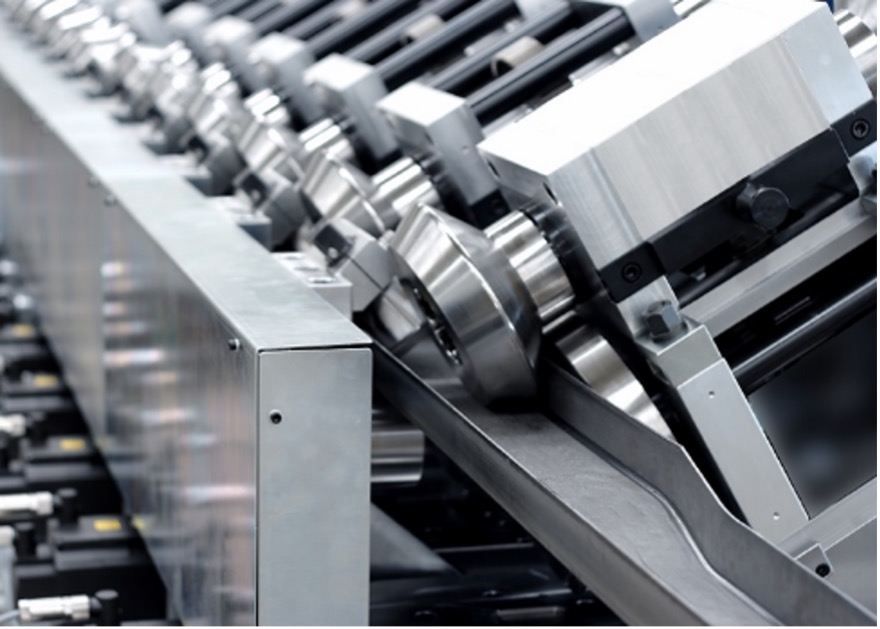
CNC Machining for Metal Parts: Precision Redefined
CNC machining is a game-changer in metal processing, allowing manufacturers to produce highly intricate parts with tight tolerances. Here’s why it’s indispensable:
- Accuracy: CNC machines deliver exceptional precision, often achieving tolerances as tight as ±0.001 inches.
- Efficiency: Automation enables 24/7 operation, reducing lead times and boosting productivity.
- Complex geometries: CNC machining handles designs that are impossible to replicate with manual methods.
In the automotive sector, for example, CNC machining is used to manufacture precision engine components, ensuring optimal performance and reliability.
Why NMC Is a Leader in Metal Fabrication Techniques
As a trusted North American partner, National Material Company alongside NMLP sister companies, deliver advanced metal fabrication techniques that drive value and performance. From laser cutting, robotic welding, and CNC machining to metal stamping and aluminum welding, NMC provides integrated solutions that meet the complex needs of OEMs and manufacturers across industries.
Shaping the Future of Metal Processing
The adoption of innovative techniques, along with advancements in aluminum processing, metal stamping, and CNC machining, is transforming the manufacturing industry. These processes offer unparalleled efficiency, precision, and sustainability, meeting the demands of modern applications.
National Material Company (NMC) specializes in steel fabrication solutions, including precision steel processing and advanced techniques. For services beyond NMC’s scope, their parent company, National Material L.P. (NMLP), offers comprehensive capabilities. NMLP’s Aluminum Group is a leading extruder and processor of various aluminum alloy components, providing expertise in aluminum processing.

